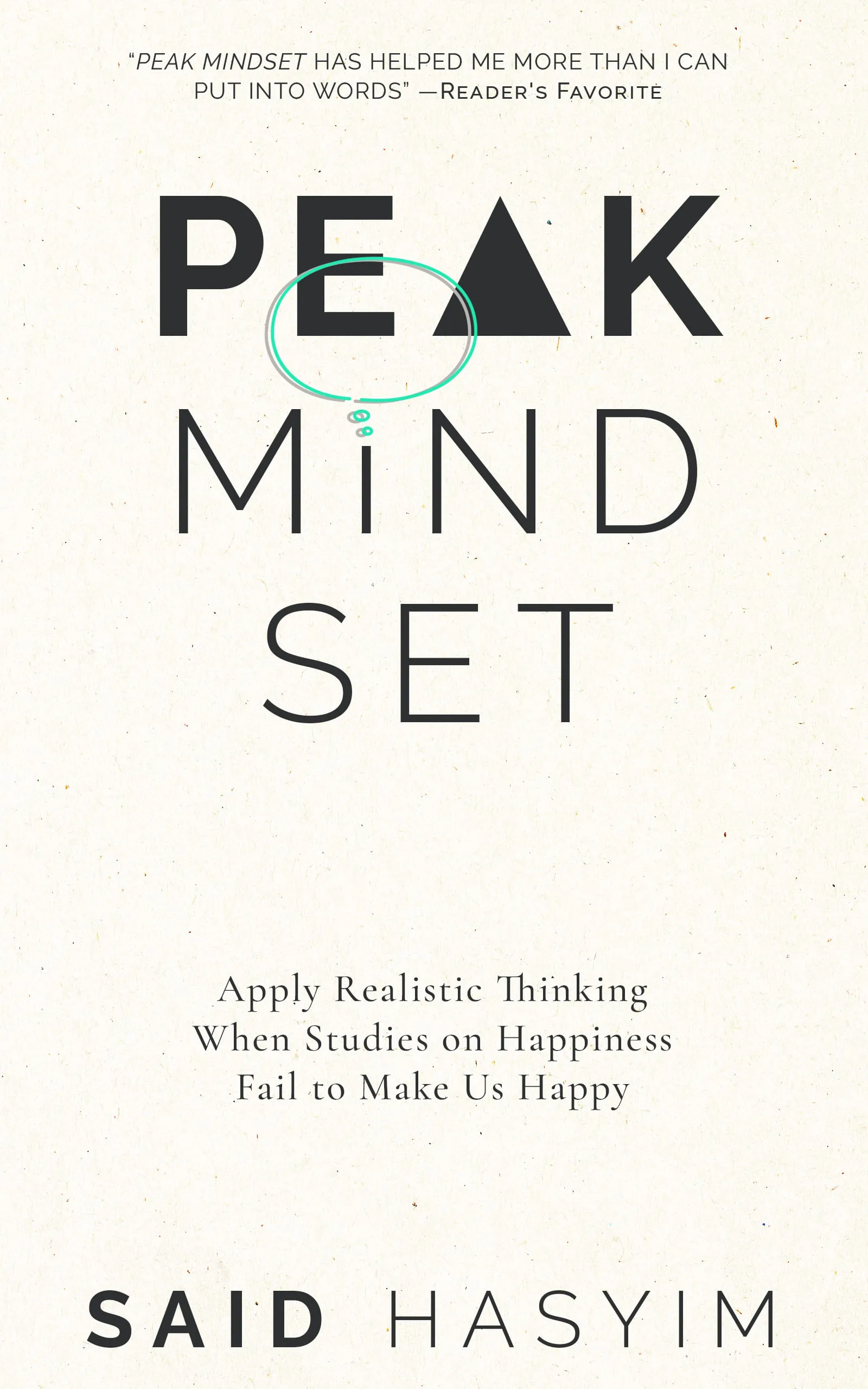How to Overcome Obstacles with a New Mindset
Obstacles are an inevitable part of life. Whether they emerge in our personal relationships, professional endeavors, or individual pursuits, confrontations with hurdles can often lead to feelings of frustration, disappointment, and even despair. However, what separates those who thrive in the face of adversity from those who struggle is often not the presence of obstacles themselves, but rather the mindset that individuals adopt when encountering them. In this blog post, we will explore how cultivating a new mindset can empower you to overcome obstacles and achieve your goals.
Understanding Mindset
The Concept of Mindset
Mindset refers to the established set of attitudes held by an individual. In the realm of psychology, Carol Dweck's research on fixed and growth mindsets has profound implications for how we approach challenges. A fixed mindset assumes that our abilities and intelligence are static traits, while a growth mindset believes that through effort, learning, and persistence, we can develop our skills and improve over time.
The Impact of Mindset on Obstacle Overcoming
Your mindset plays a critical role in how you interpret and respond to obstacles. A negative or fixed mindset can lead to avoidance, procrastination, and feelings of helplessness. Conversely, a positive or growth-oriented mindset can inspire confidence, resourcefulness, and the willingness to tackle challenges head-on.
Strategies to Shift Your Mindset
1. Embrace a Growth Mindset
- Recognize Your Potential for Growth: Start by acknowledging that challenges are opportunities for growth. Encourage yourself to view difficulties as stepping stones rather than stumbling blocks.
- Cultivate Curiosity: Allow yourself to explore unfamiliar territories without the fear of failure. Curiosity can fuel your desire to learn and adapt.
2. Reframe Your Thoughts
- Challenge Negative Thoughts: Pay attention to your inner dialogue and challenge any negative thoughts. For instance, instead of thinking, "I can't do this," reframe it to, "What can I learn from this situation?"
- Use Positive Affirmations: Replace self-doubt with positive affirmations. Reminding yourself of your strengths and capabilities can bolster your confidence.
3. Set Realistic Goals
- Break Down the Process: When faced with an obstacle, break it down into smaller, manageable tasks. Setting achievable milestones can make the challenge feel less overwhelming.
- Celebrate Progress: Recognize and celebrate small victories along the way. This positive reinforcement can solidify your new mindset and keep you motivated.
4. Accept Failures as Learning Opportunities
- Shift Your Perspective on Failure: Instead of viewing failure as an endpoint, consider it part of the learning process. Each setback carries valuable lessons that can lead to future success.
- Seek Feedback: Rather than fearing criticism, actively seek feedback from peers or mentors. Constructive feedback can provide new perspectives and strategies for overcoming similar obstacles in the future.
5. Surround Yourself with Supportive People
- Build a Support Network: Connect with individuals who inspire you and embrace a growth mindset. Their positive energy can be contagious and help to reinforce your commitment to overcoming obstacles.
- Engage in Collaborative Problem-Solving: Collaborate with others when facing challenges. Different perspectives can foster innovative solutions and new approaches.
Mindfulness and Self-Reflection
1. Practice Mindfulness
- Stay Present: Mindfulness helps you remain grounded and less reactive to stressors. Techniques like meditation, deep breathing, or yoga can enhance your emotional resilience.
- Observe Your Emotions: Take time to reflect on how you feel when encountering obstacles. Understanding your emotional responses can pave the way for more constructive coping strategies.
2. Engage in Self-Reflection
- Journal Your Experiences: Writing down your thoughts and experiences can provide clarity and insight into your challenges. Reflection can enhance self-awareness and personal growth.
- Identify Patterns: Regularly evaluate how you've responded to past obstacles. Identifying patterns can help you recognize what works, what doesn’t, and where changes can be made.
The Long-Term Benefits of a New Mindset
Adopting a new mindset can have far-reaching implications not only for overcoming obstacles but also for enriching your overall quality of life.
1. Enhanced Resilience
Developing a growth mindset encourages resilience. As you face challenges head-on, you’ll cultivate the skills necessary to bounce back from setbacks and continue pursuing your goals.
2. Improved Problem-Solving Skills
With practice, a growth mindset enables you to approach problems with creativity and resourcefulness. You’ll become better equipped at navigating obstacles, finding innovative solutions, and adapting to changing circumstances.
3. Greater Self-Confidence
As you successfully tackle obstacles, your belief in your capabilities will strengthen. This newfound confidence will empower you to take bolder steps toward your aspirations.
4. Lasting Personal and Professional Growth
Ultimately, a positive mindset fosters an ongoing desire for self-improvement and learning. It transforms challenges into vehicles for personal and professional growth, positioning you for success in all areas of life.
Conclusion
Overcoming obstacles is an intrinsic part of the human experience. By cultivating a new mindset rooted in growth, positivity, and resilience, you can transform hurdles into opportunities for growth and learning. Remember, it’s not the obstacles themselves that define us, but how we choose to respond to them. Embrace the journey, invest in your mindset, and look forward to all that you can accomplish as a result. With persistence, courage, and the willingness to grow, you will not only overcome obstacles but also thrive despite them.
Leverage Your Mindset for a Fulfilling Life
Explore Peak Mindset, a book to leveraging your subconscious for a more fulfilling life. Gain insights into realistic thinking, money management, and stress resilience to make informed decisions. Discover pitfalls in conventional happiness advice and practical strategies for self-transformation. Unlock your potential and enhance your overall satisfaction.
